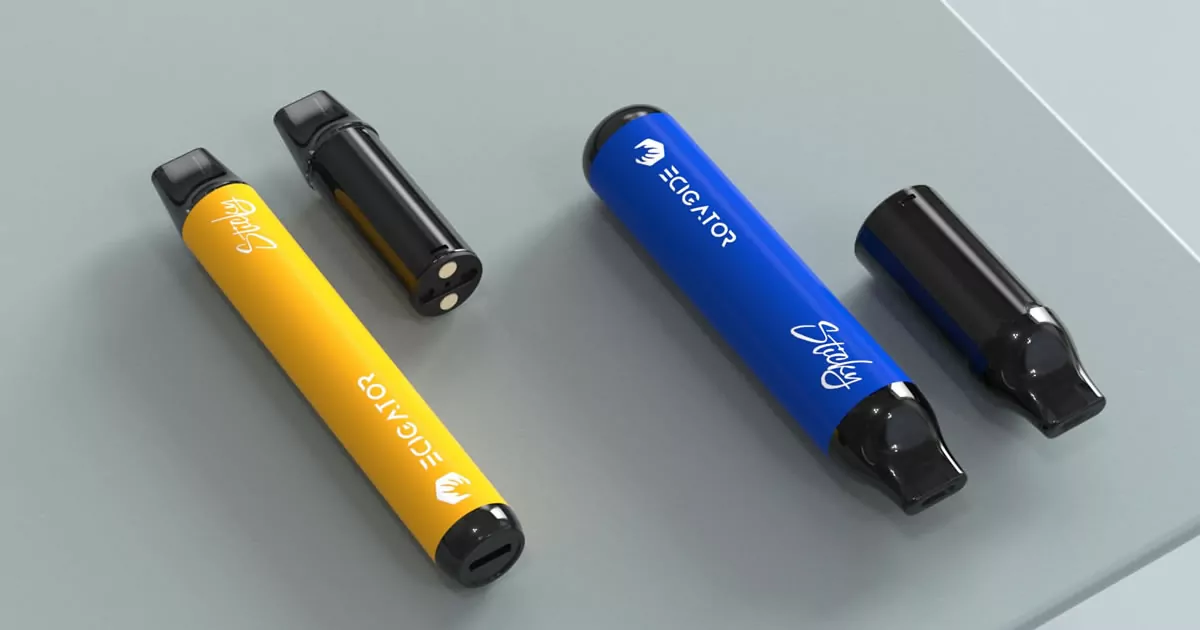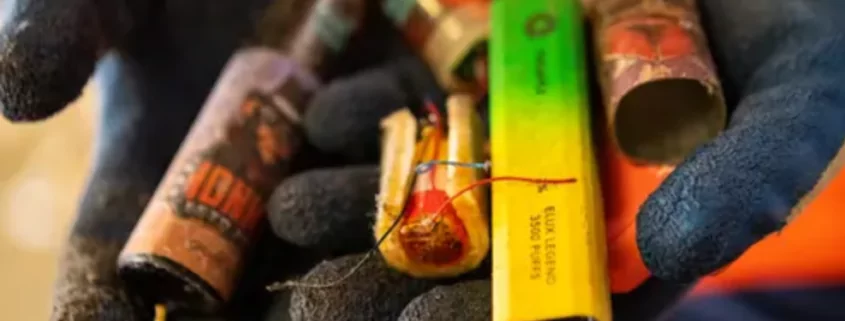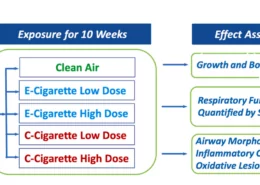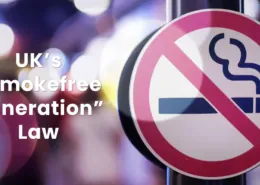The Ignition of UK Waste Plants by Disposable Vapes
In the United Kingdom, the surge in disposable vapes is wreaking havoc on recycling plants. Over the past year, a dramatic increase in fires has been recorded in these facilities, with disposable vapes being the primary culprit. The potential for a major blaze threatens not only the facilities but the very air we breathe, with the risk of toxic fumes and pollutants being released.
Let’s put this into perspective. Each week, a staggering 1.3 million disposable vapes are discarded in the UK, a number that has skyrocketed since the first vape was sold in 2019. Most of these are tossed aside on roadsides or end up in general waste. But these aren’t your average pieces of litter; these vapes house lithium-ion batteries, which are notorious for their ability to easily catch fire if damaged.
This isn’t just a hypothetical concern. There are real, life-changing consequences. There are instances where vapers have suffered severe injuries after their vapes exploded. On a larger scale, these discarded vapes can cause massive environmental disasters. Sounds a bit exaggerated? Well, the 2020 Bradford tyre fire might change your mind. This fire, sparked by similar hazardous material, blazed for a week, closing down 20 schools and calling upon every firefighter in West Yorkshire.
Grundon, a major player in recycling about 80,000 tonnes of household and municipal waste each year, is grappling with this surge in disposable vapes. The company’s road sweeping vehicles, typically used for picking up leaves and stones, are now increasingly picking up vapes.
According to Owen George, the division manager for Grundon, the problem is widespread. He states, “We didn’t see any about a year or so ago, but now they’re everywhere. We probably pick out 100 to 150 on an eight-hour shift. And they’re just the ones we catch.”
The vapes that slip through end up in the non-recyclable waste stream. When mixed with items like Pringles cans, plastic wrappers, and disposable coffee cups, they’re packed into bales. This process can cause a lithium-ion battery to break open and catch fire. Grundon alone has experienced three or four fires in the past year at just one site.
To combat this escalating problem, Grundon has invested in fire detection equipment, costing about £250,000 at each of its facilities. This includes thermal-imaging cameras and automated cannons that lock on to the fire and douse it with water and foam.
The industry is turning to artificial intelligence (AI) as a part of the solution. Greyparrot, an AI developer, has seen its technology implemented in about 70% of UK recycling facilities. Its system can recognize 67 types of material, assisting in sorting and reducing the risk of fire.
Justin Guest, co-founder of Archipelago Eco, cautions that banning vapes would be a “blunt instrument” and wouldn’t solve the problem. With so many items containing batteries nowadays, the focus should be on developing safeguards and leveraging technology to address the issue.
To put it simply, the rise of disposable vapes is lighting a fuse in our waste management systems. The industry is on the front line, fighting this rising inferno with everything from AI technology to advanced fire prevention measures. But it’s a battle that needs the cooperation of everyone – manufacturers, consumers, and policymakers alike. Until then, the smoke continues to rise.


Ecigator Sticky Prefilled Pod Kit
The Ecigator Sticky Prefiiled Replaceable Vape Pod Kit is new kind of vape kit which the prefilled disposable pod can be changed.
That means you don’t need to throw away the whole kit but just change another pod. Also you can change the pods to taste different flavors.
Frequently Asked Questions
What is causing the rise in fires at UK waste plants?
The rise in fires at UK waste plants is primarily due to the improper disposal of single-use vapes. These devices contain lithium-ion batteries, which can easily ignite if damaged.
Why are disposable vapes a problem for recycling facilities?
Disposable vapes are problematic because they contain lithium-ion batteries, which can easily catch fire if broken. When mixed with other non-recyclable waste, the risk of fire increases significantly.
What steps are recycling facilities taking to address this issue?
Recycling facilities are investing in fire detection and prevention equipment, including thermal imaging cameras and automated cannons. Some facilities are also using artificial intelligence to sort waste and identify potential fire hazards.
Would banning vapes solve this issue?
Banning vapes would not necessarily solve the problem as there are many other items that contain batteries and pose similar risks. The focus should be on developing safeguards and leveraging technology to handle the disposal of such items safely.
How many disposable vapes are discarded in the UK each week?
Approximately 1.3 million disposable vapes are discarded in the UK each week, contributing significantly to the waste problem and associated fire risks at recycling plants.
News source: https://www.theguardian.com/society/2023/may/13/single-use-vapes-sparking-surge-in-fires-at-uk-waste-plants
- Austria Plans to Ban Disposable E-Cigarettes - August 5, 2025
- Vaping vs. THC Drinks: Which Cannabis Option Is Right for You? - August 4, 2025
- Colombia’s New Vape Law: A Reality Check on Enforcement - August 4, 2025








